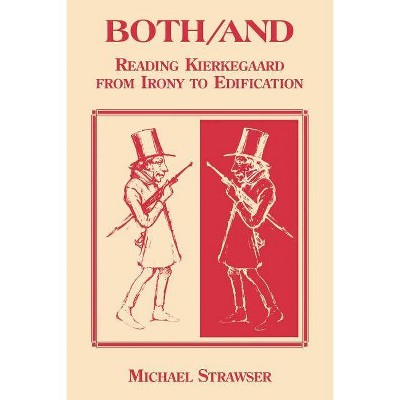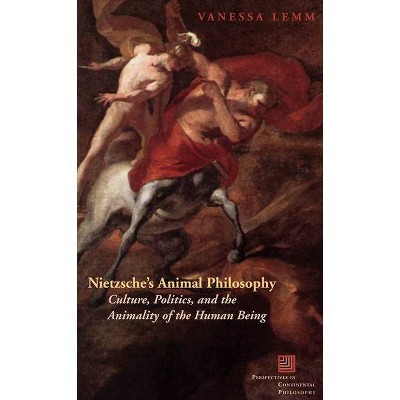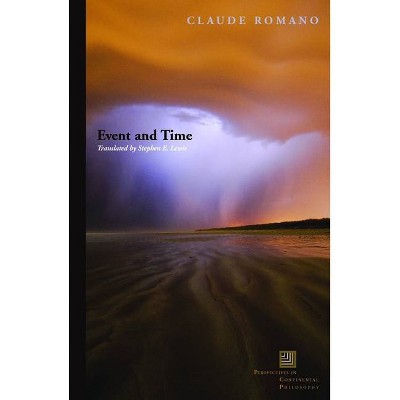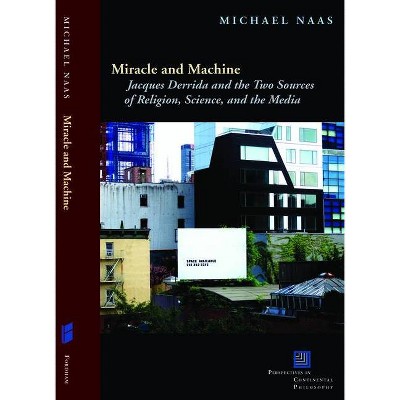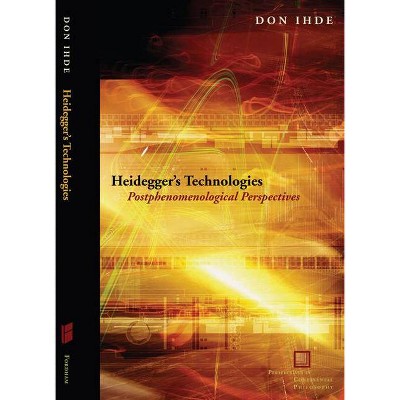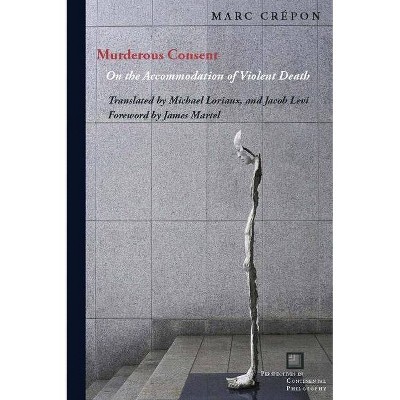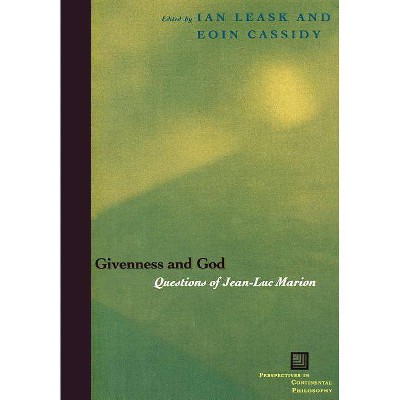Head and Heart - (Perspectives in Continental Philosophy (Paperback)) by Andrew Tallon (Paperback)
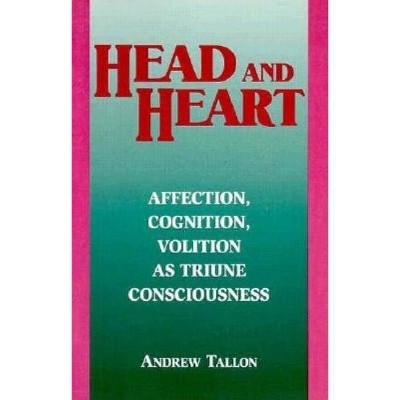
Similar Products
Products of same category from the store
AllProduct info
<p/><br></br><p><b> Book Synopsis </b></p></br></br><i>Head and Heart</i> proposes a theory of a triune consciousness formed by the heart and mind, composed of an equal partnership of reason, will, and affection. Professor Tallon sets out asking whether and how affective consciousness fits into this triad. By first defining affection in terms of intentionality (as the theory of a triune consciousness is possible only when affectivity has been shown to participate in intentionality), he argues that affection, in its full scope of passion, emotion, and mood, earns a place equal to cognition and volition as a constituent of the human consciousness. Tallon accomplishes his task by proving the existence of affectivity as a distinct kind of consciousness inseparable from the other two, by showing precisely how affection works, how it operates in synthesis with reason and will, and, finally, by offering a new concept of a triune consciousness as paradigm for the human mind.<p/><br></br><p><b> From the Back Cover </b></p></br></br>This book proposes a theory of a triune consciousness formed by the heart and mind, composed of an equal partnership of reason, will, and affection. Professor Tallon sets out asking whether and how affective consciousness fits into this triad.<p/><br></br><p><b> Review Quotes </b></p></br></br><br>This book joins a growing number that argue that emotions have been incorrectly accorded second-class status. These include Robert C. Solomon's The Passions (CH, Jan'77), Ronald DeSousa's The Rationality of Emotion (CH, Jun'88), Damasio's Descartes' Error (1994), W. George Turski's Toward a Rationality of Emotions (CH, Dec'94), and the popular Emotional Intelligence (1995), by Daniel Goleman. Yet Tallon's book differs in both its method and content, moving to integrate consciousness under a single principle. In the first, and phenomenological, half of the book, Tallon (Marquette Univ.) argues that intentionality provides the single principle with which to integrate head and heart. Feeling is best understood as affective intentionality. In the second, the hermeneutical half, Tallon interprets the phenomenon and proposes a theory to account for it. The principle of affective intentionality makes possible his thesis that cognition (the head), affectivity (the heart), and volition (the will) together form a triune consciousness. Not only does affectivity cooperate with cognition, together they offer optimal human performance. He uses for support a variety of sources, mostly from the Continental tradition of phenomenology and existentialism, such as Sartre, Ricoeur, Heidegger, and Merleau-Ponty. Upper-division undergraduate; graduate; faculty.-- "--Choice"<br><p/><br></br><p><b> About the Author </b></p></br></br><br><strong>Andrew Tallon</strong> is Professor of Philosophy at Marquette University and director of Marquette University Press.<br>
Price History
Cheapest price in the interval: 35.49 on October 23, 2021
Most expensive price in the interval: 35.49 on November 8, 2021
Price Archive shows prices from various stores, lets you see history and find the cheapest. There is no actual sale on the website. For all support, inquiry and suggestion messages communication@pricearchive.us
